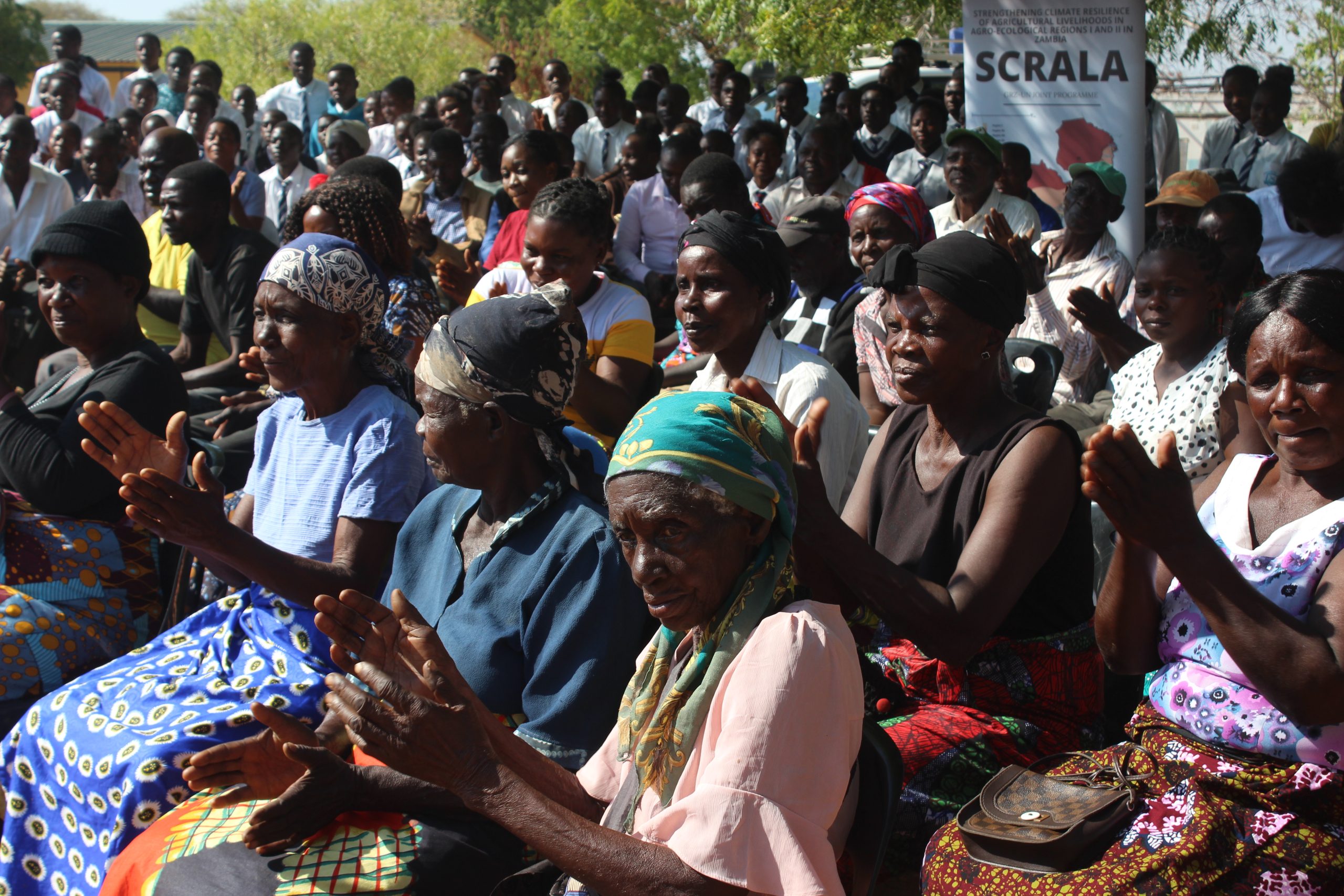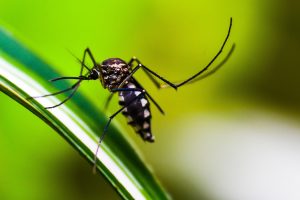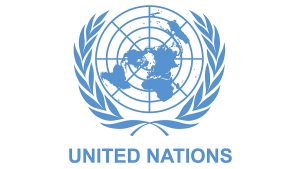Nyimba District Commissioner Paul Daka has appealed to SCRALA project to extend its project time frame in order for more people to benefit from its services.
Mr. Daka says the SCRALA project should be extended especially in the wake of the effects of the drought due to climate change that the country is currently grappling with.
In an interview with ZANIS , that the current drought situation in the district has adversely affected farming communities including SCRALA beneficiaries to the extent that they have harvested little or nothing in some instances.
The DC said however that the district had benefited a lot from the SCRALA project, especially with regards to the promotion of smart agriculture and support to livestock production .
Mr Daka said despite the District Commissioner noted that although government has continued providing relief food to cushion the hunger situation , more needed to be done by other cooperating partners to bridge the gap created due drought.
“We would appeal to the United Nations if they can give the district a bit of time before they phase out the SCRALA project as most people that benefited from the project have gone back to poverty”, he said.
And Nyimba District Agricultural Coordinator, Mwaaba Lubase, said the SCRALA project was active in 16 agricultural camps with 996 fish farmers being supported with fingerings in the district.
Mr Lubase adds that 198 Bee farmers were supported with Beehives and training on how to manage the bees and also process the honey.
With climate change threatening the agriculture sectors, livelihoods and food security, there is an urgent need for scaled action to cope with climate-related impacts.
In response to this , SCRALA supports 12 countries in Africa, Asia and Latin America to both build adaptive capacity and to implement low emission priorities in agriculture and land use.
The programme uses a multi-stakeholder approach, harnessing strong engagement from the private sector and key national institutions.
And United Nations Development Programme (UNDP) resident representative, James Wakiyaga said his organisation was promoting a shift towards climate smart agriculture as a means to address climate change effects.
He said the project was also supporting mitigating transmission of energy with the project called Africa mini grid and the other one called productive use of energy with the Ministry of Energy in the country,
Mr Wakiyaga, in a speech read on his behalf by Samuel Kapingidza , a social protection specialist, noted that Zambia needed a different approach in terms of climate change and drought in terms of building resistance in communities and families in Zambia.
“We promote access to climate information early warning systems to build risk informed promotive, effective and inclusive social protectives systems in Zambia, ” he said.
And Able Tembo, A rain-gauge minder in Muchimanzi Camp of Nyimba, disclosed that he was recording and measuring expected rainfall to help communities with information on the amount of rainfall it was receiving every rainy season.
Mr Tembo said the information was helping the Community and government to know how many times the area received the rains.





